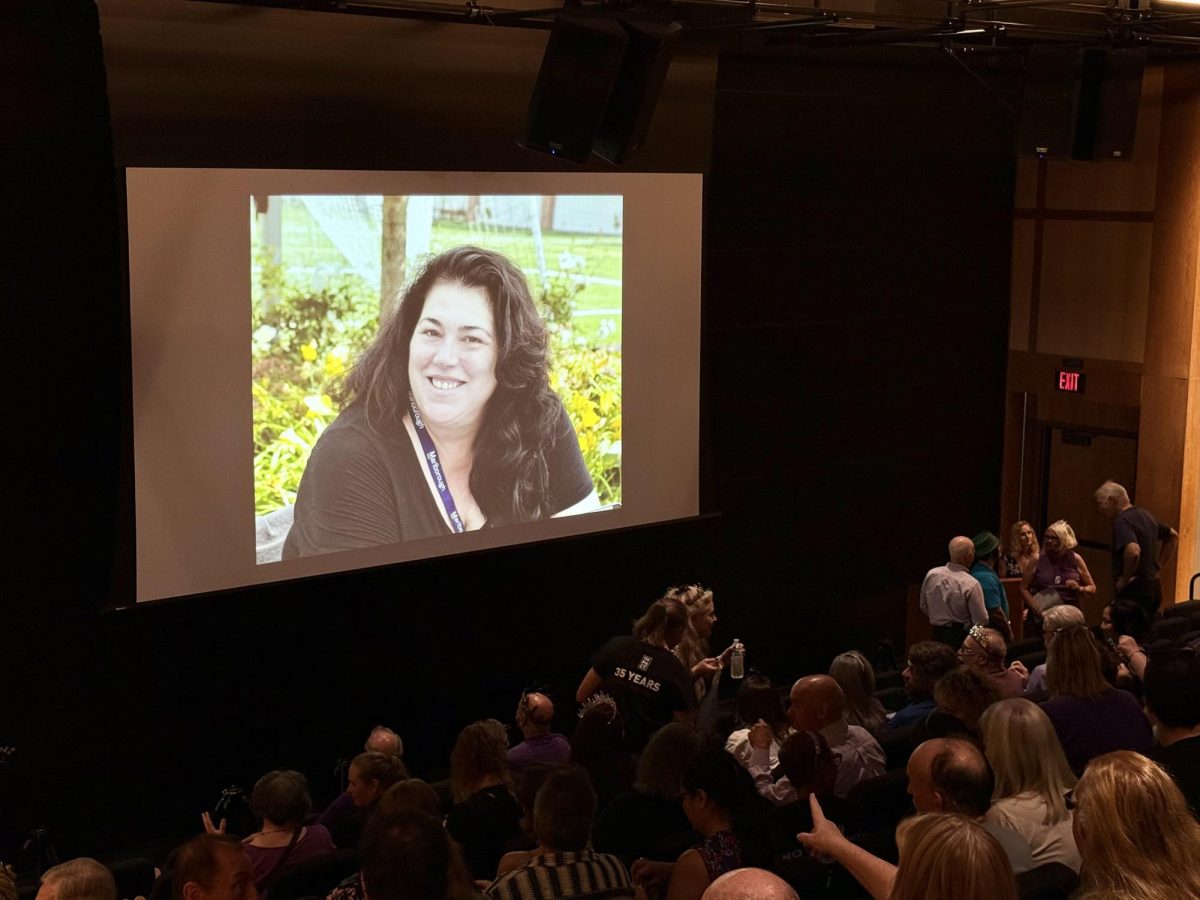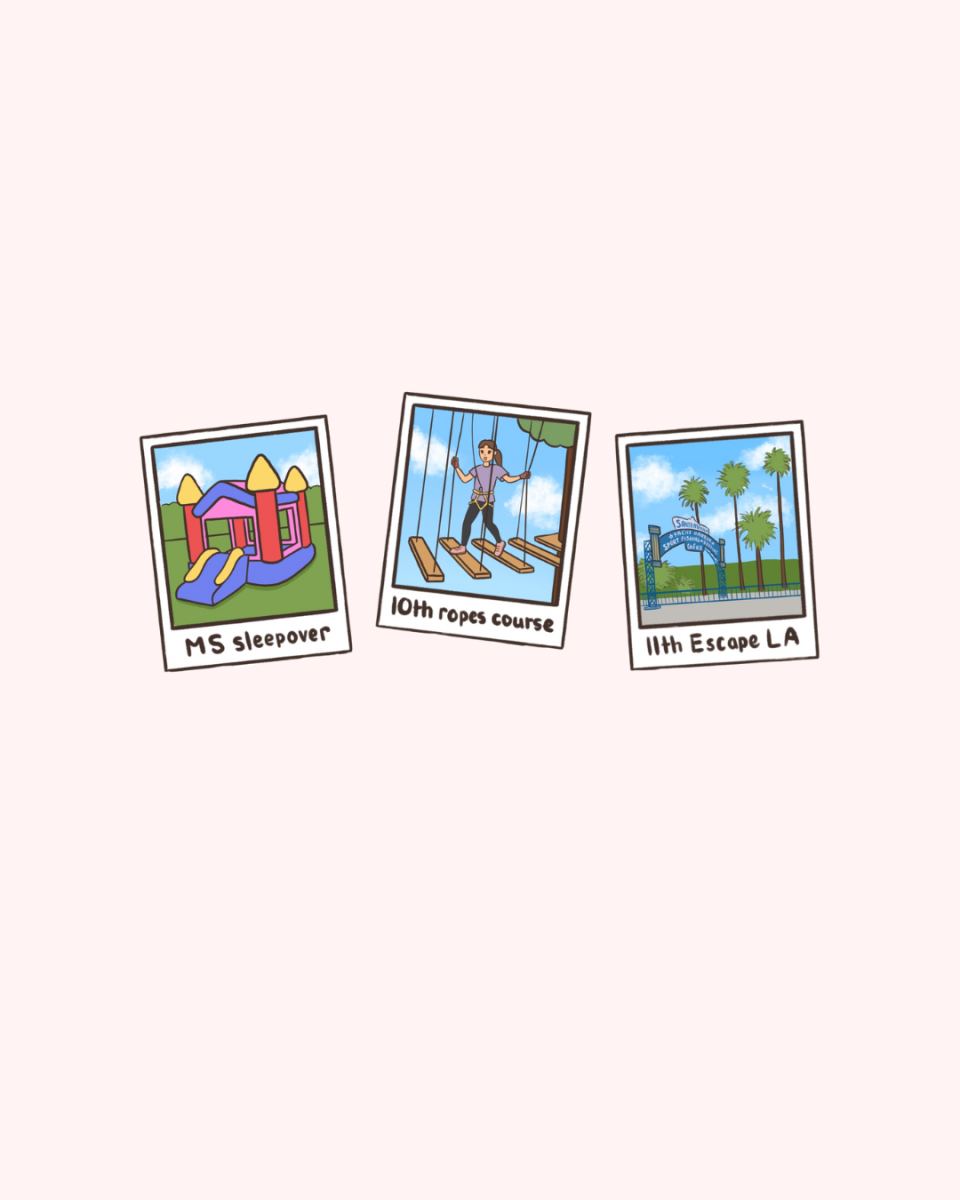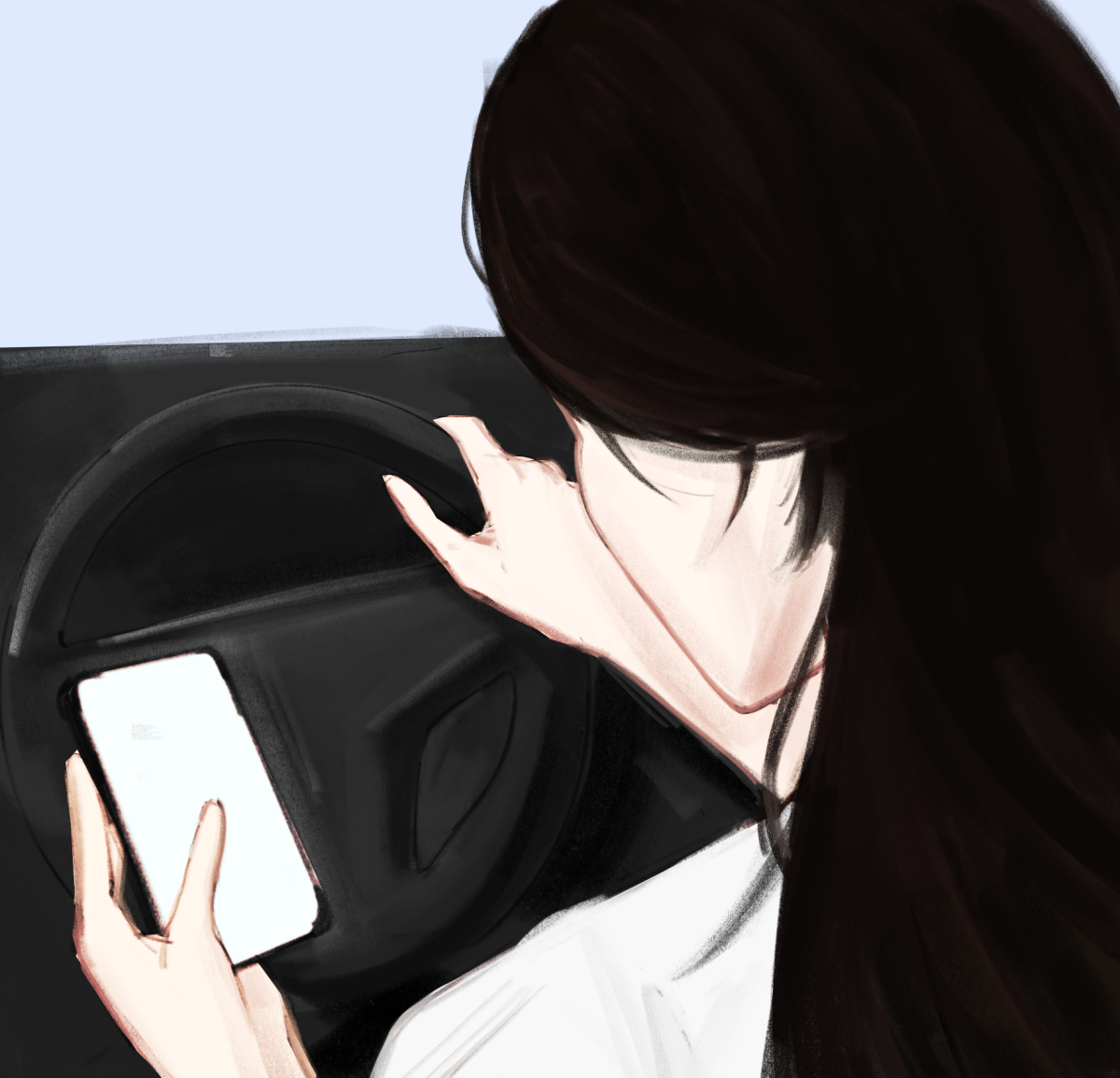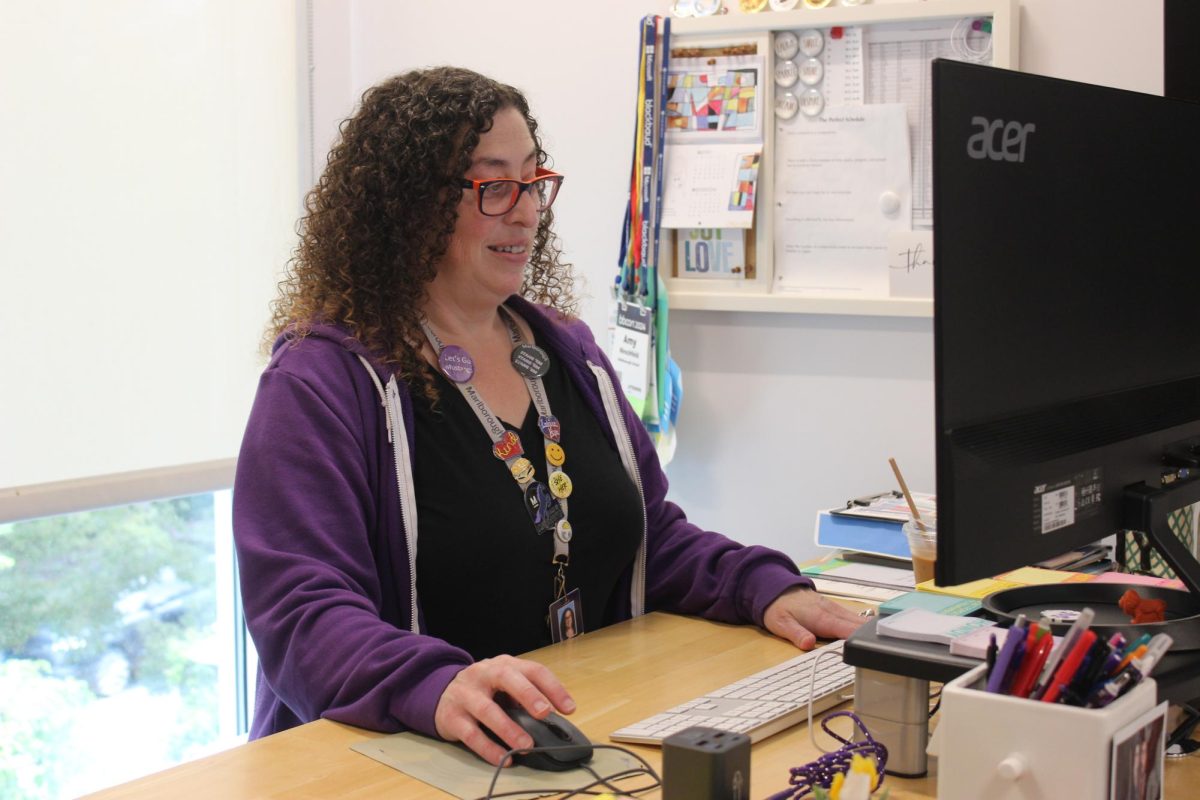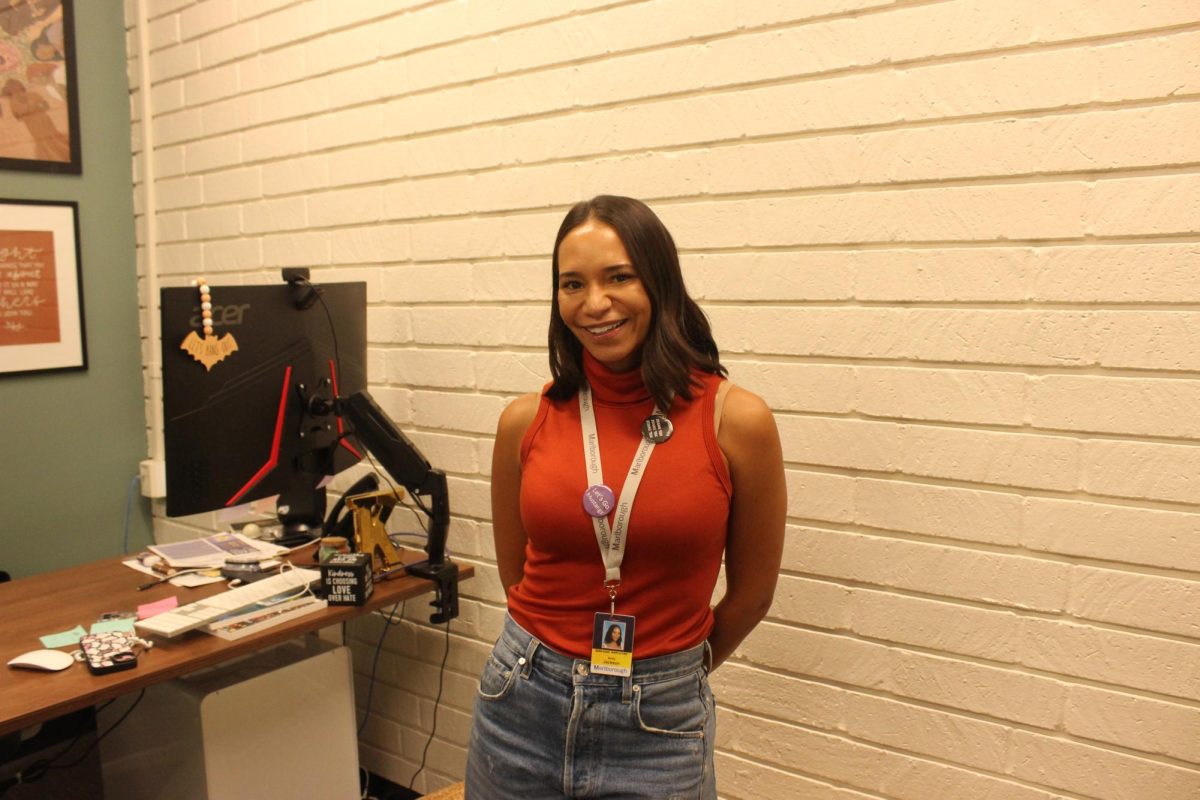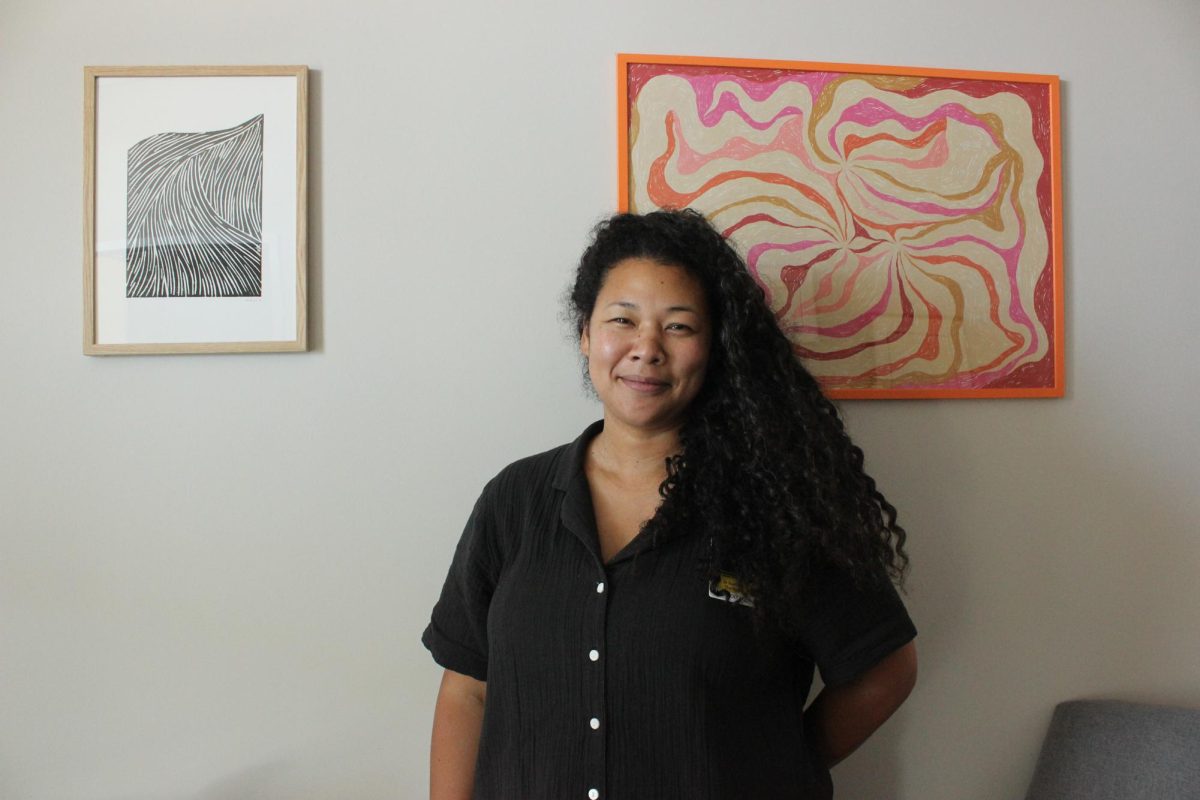
This year, the quarter-long Introduction to Research class taught by Head of the Honors Research in Humanities and Social Sciences Program Victor Ortiz became required for students considering participating in the Leonetti/O’Connell Family Honors Research in Science Program or the Honors Research in Humanities and Social Sciences Program during the 2013-2014 school year. The class provides students with an introduction to the concept of research as well as information about available research options and the opportunity to hear speakers from the social sciences, the humanities and the sciences to help girls figure out what they would be interested in researching the following year.
Science instructor and Honors Research in Science Program Head Elizabeth Ashforth said she believes that making the class mandatory will benefit students overall.
“Beforehand, when the class was optional, the girls that took it definitely got a better sense of what the research really means and the amount of time it would take,” Ashforth said.
According to Ashforth students can now learn about the fields of study available to them and confirm whether they want to commit to the rigorous workload of the Honors Research program. Julia Berg ’14, for example, took the class last year to learn more about Honors Research and decided in the middle of the semester that the program wasn’t for her.
Mikaela ’13, however, did not take the class before enrolling in the Honors Research in Humanities Program this year. Mikaela had already begun meeting with her assigned mentor during first semester when she realized she would have to drop out of the program because she did not have enough free time to commit to ten hours of research per week. Had the class been mandatory last year, Mikaela may have been better educated about the substantial amount of time needed to participate in Honors Research.
The class is offered at D period during Quarter Three and meets only once a week. However, because only eight of the 30 students considering doing Honors Research next year have a free at D period, lectures are recorded and put on the class Haiku LMS page. Most students, including Sonia ’14, said they find taking the class online to be easier than changing their entire schedule to have a D period free.
“I have a heavy workload, so I can choose when I can take the class,” Sonia said.
Students who took the optional course in years past seemed to agree that the information they learned during the class was quite beneficial. Isabel ’14 took the class during the 2011-2012 school year and is currently doing a project on refugee writers.
“[The class] was helpful in teaching me what research is but it was really vague and unspecific,” she said. “I think it should be required but only if it is changed or enhanced by exposing us to more specific areas of interests since I had a difficult time figuring out what I specifically wanted to do.”

